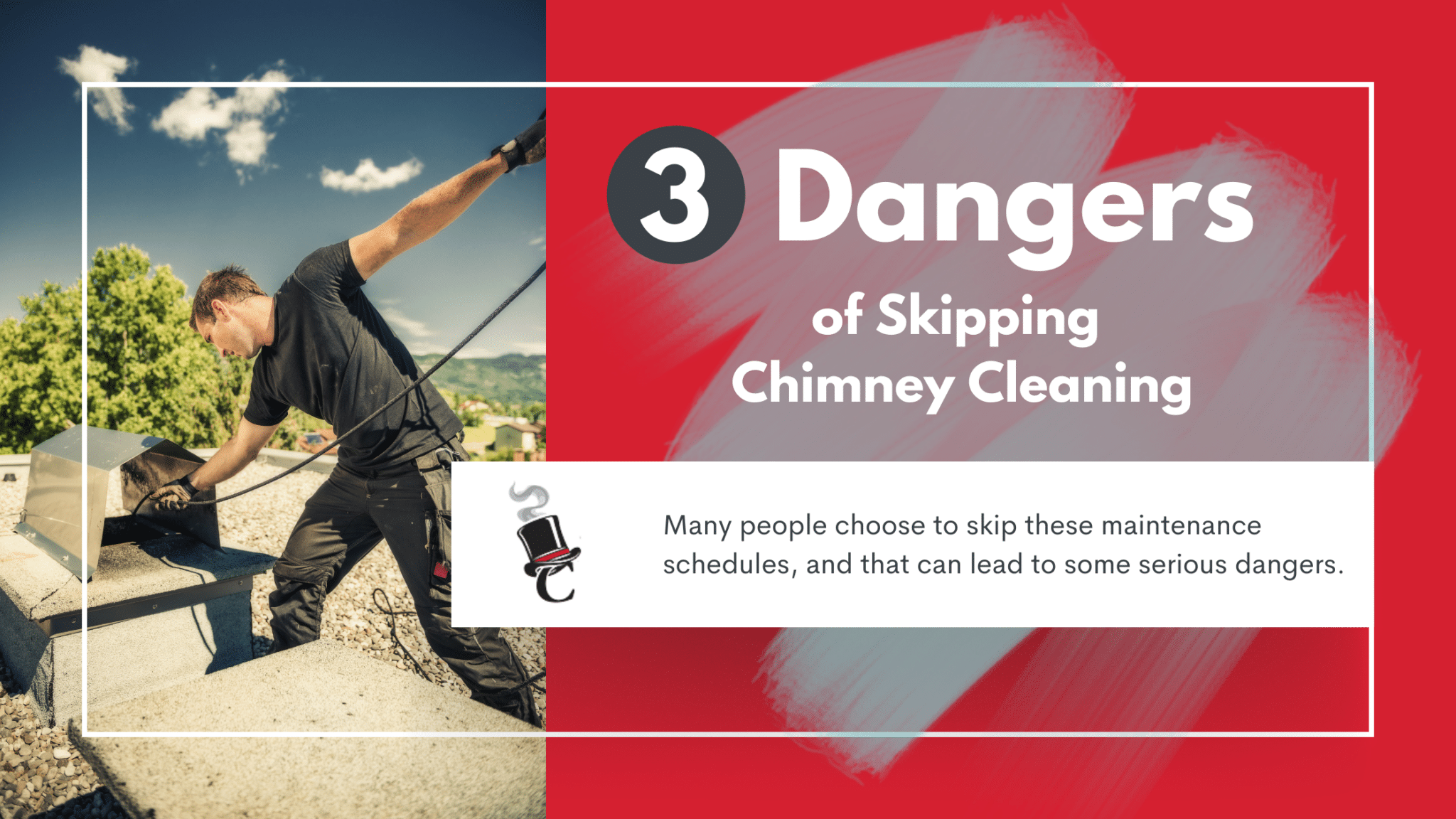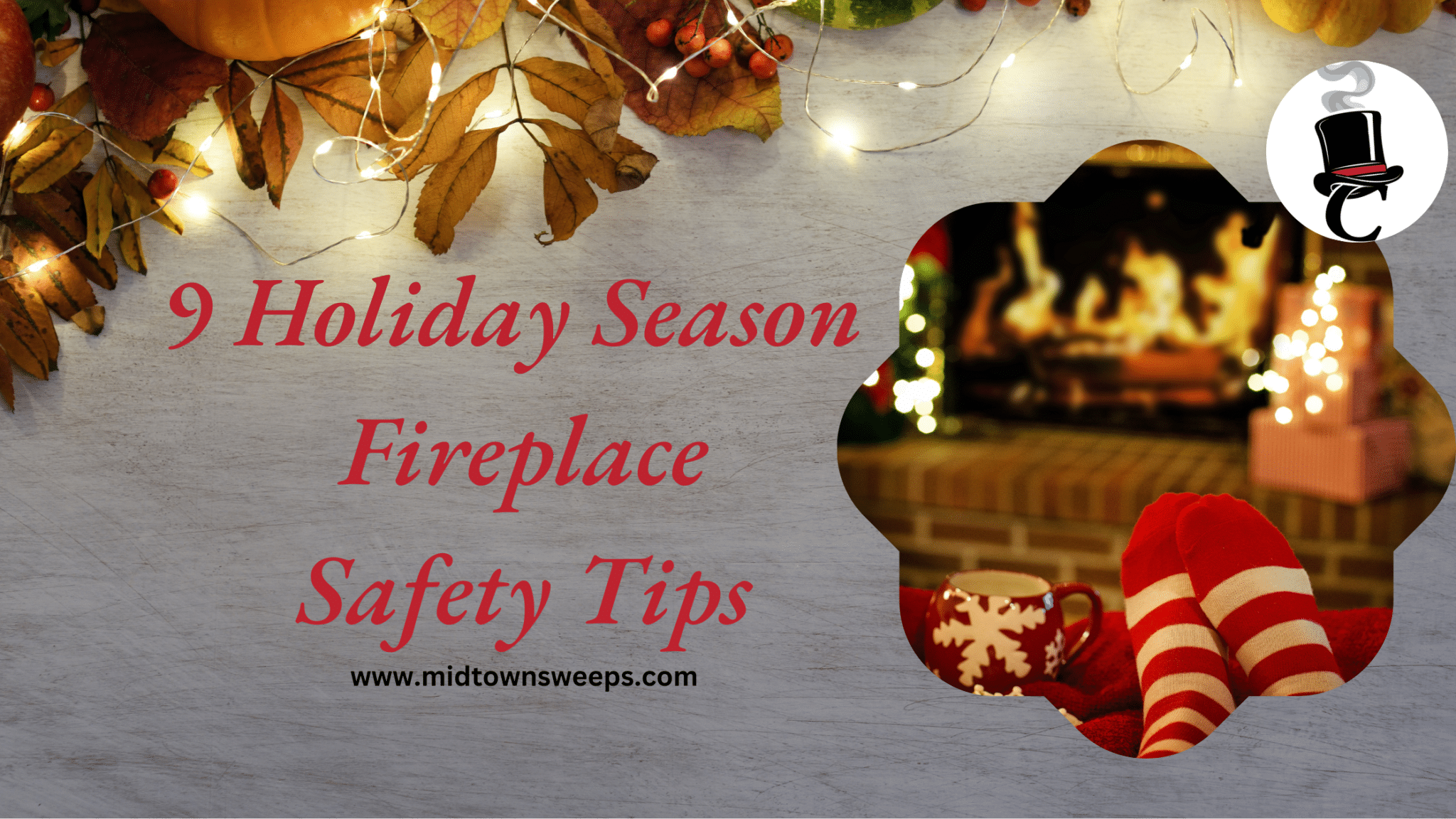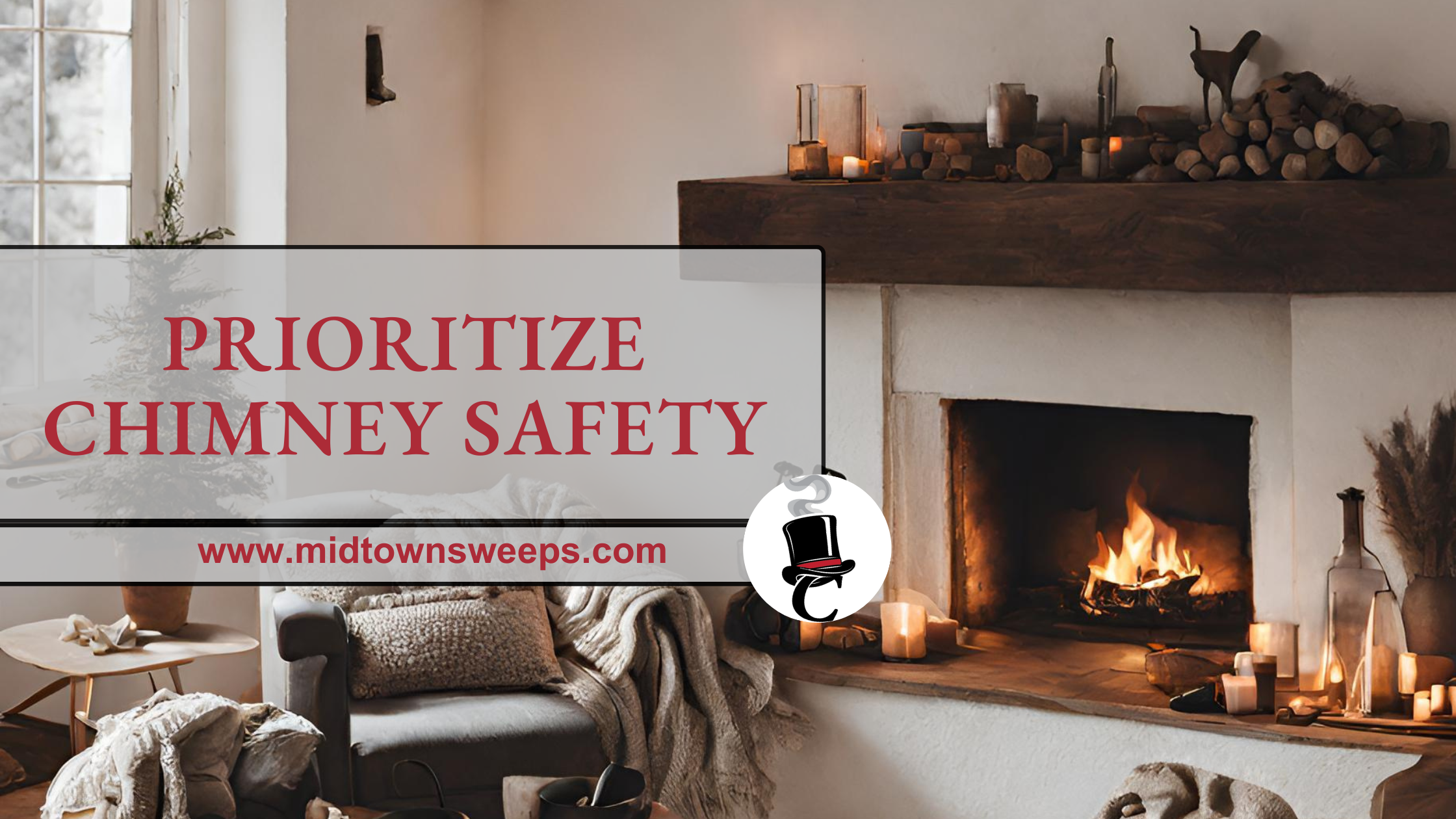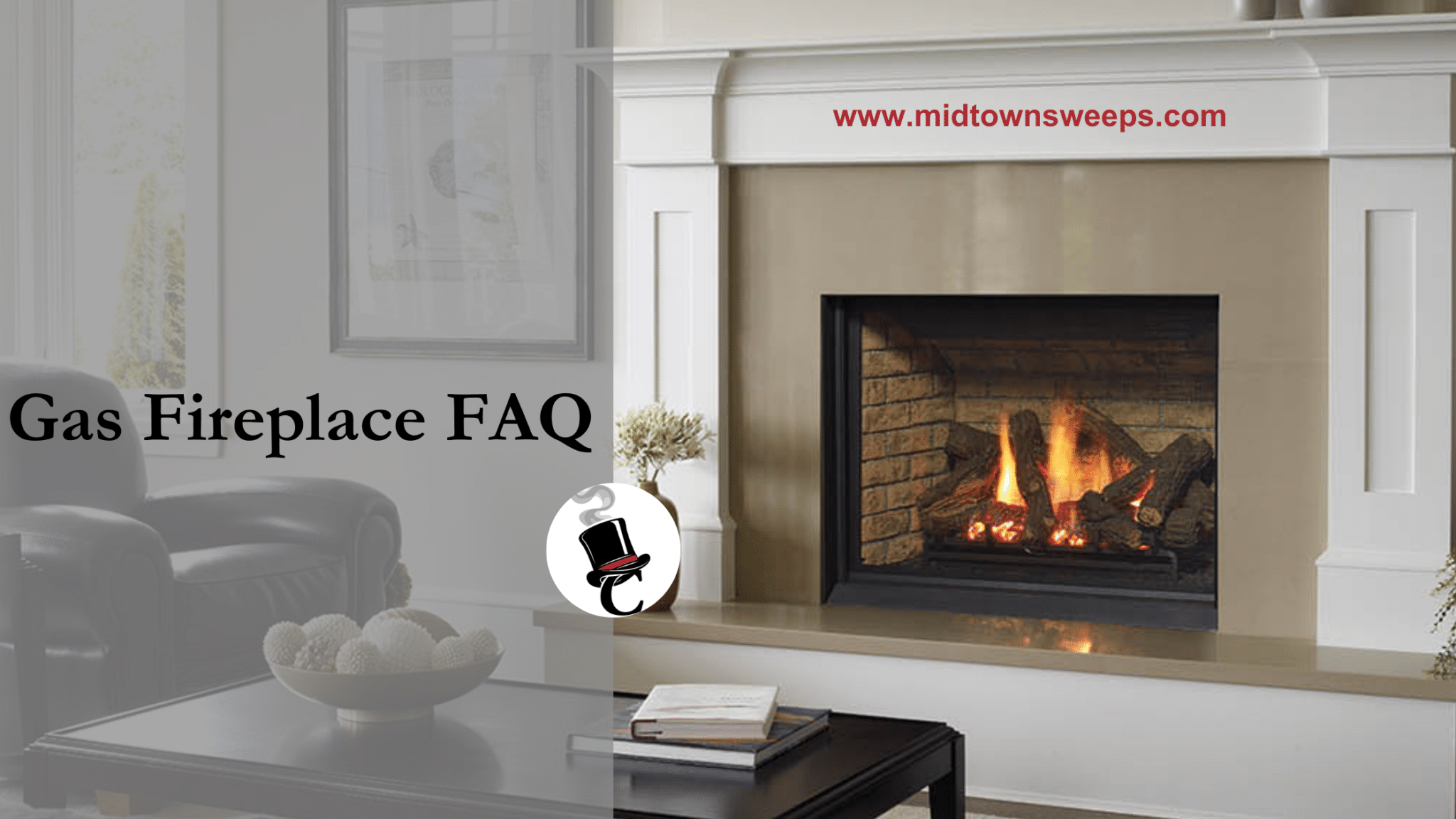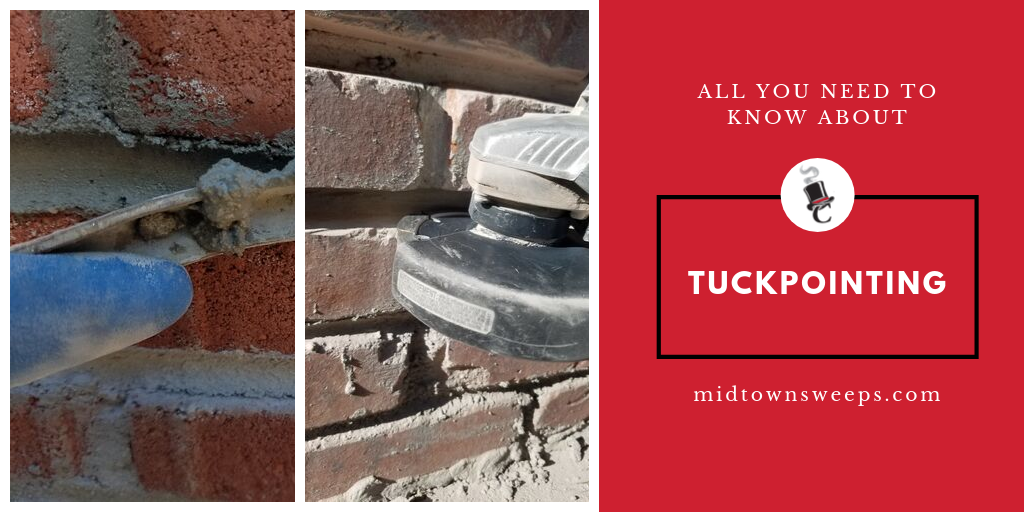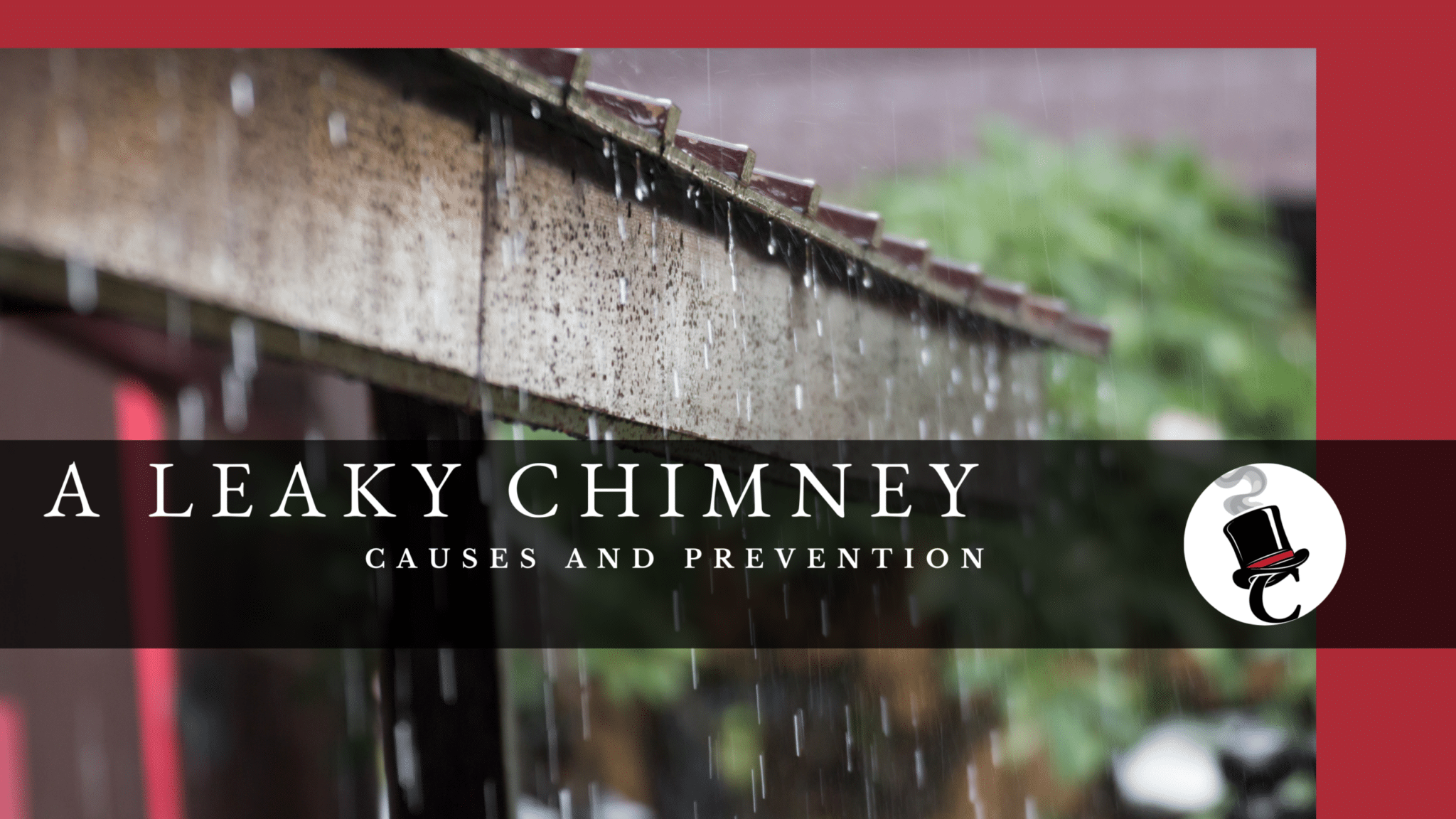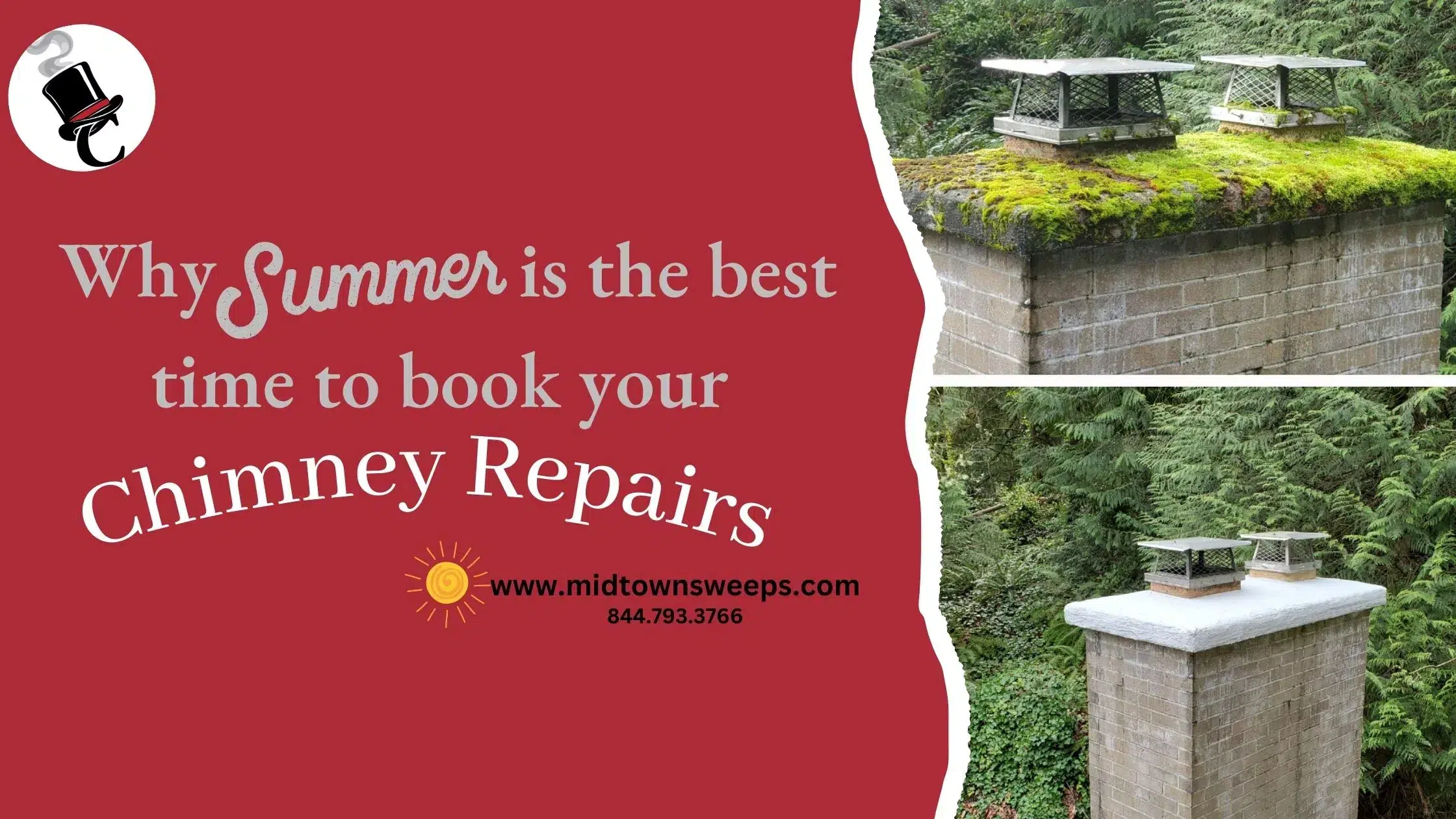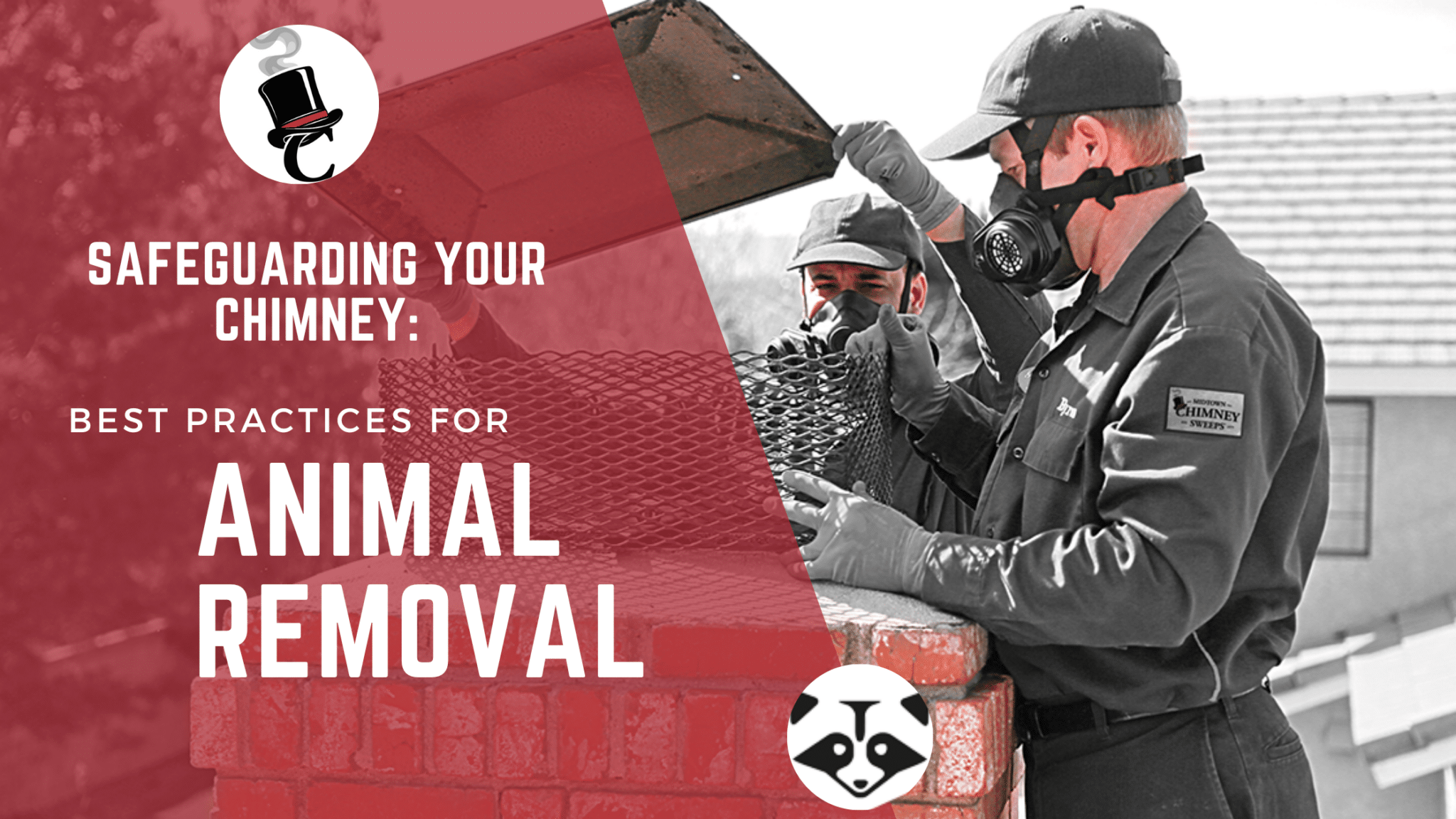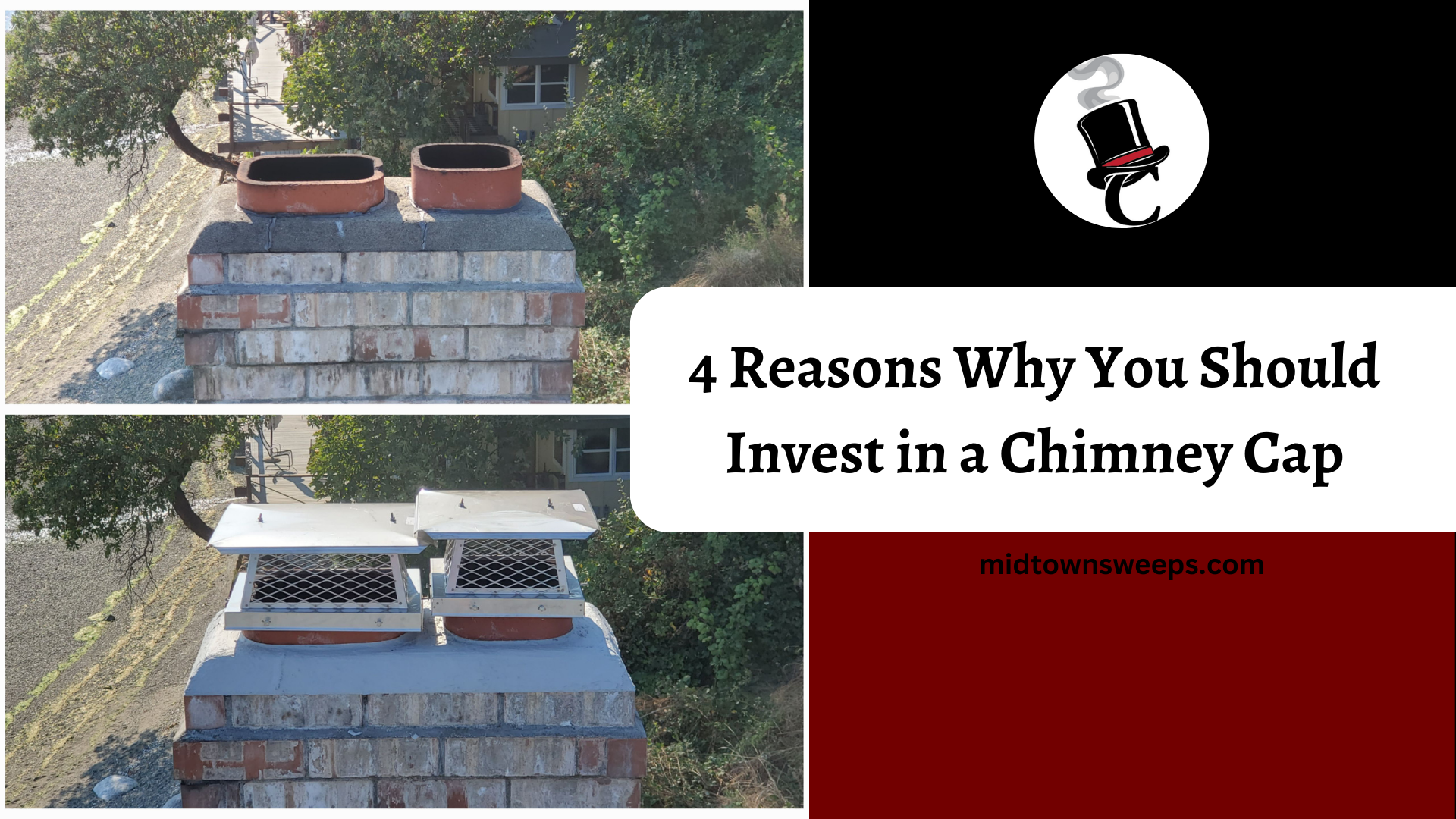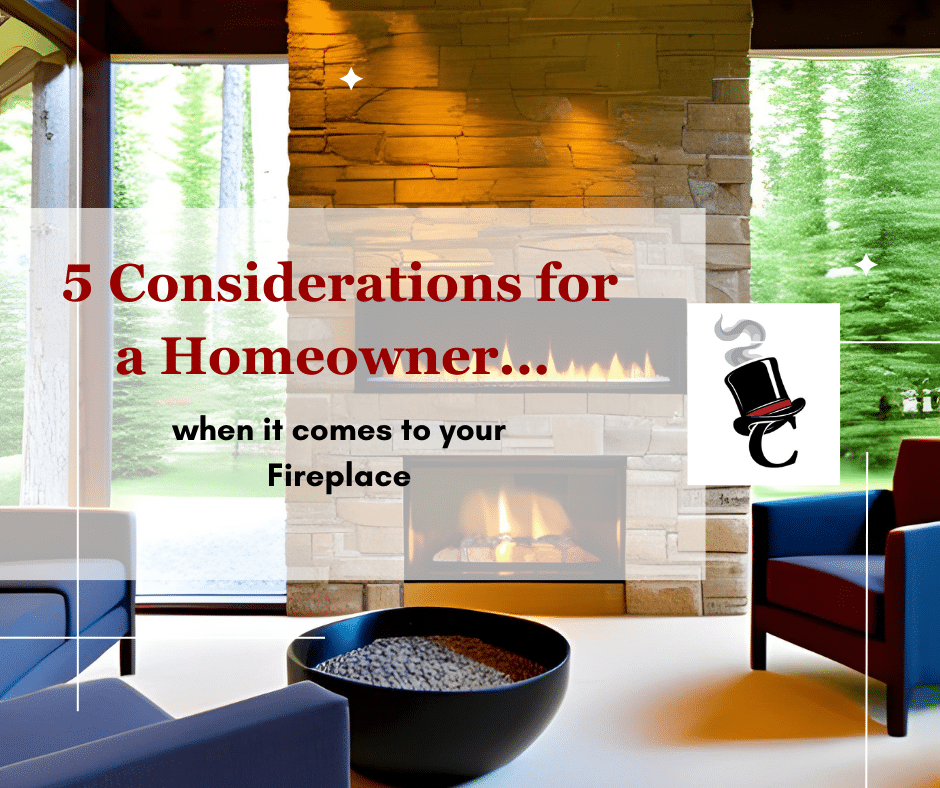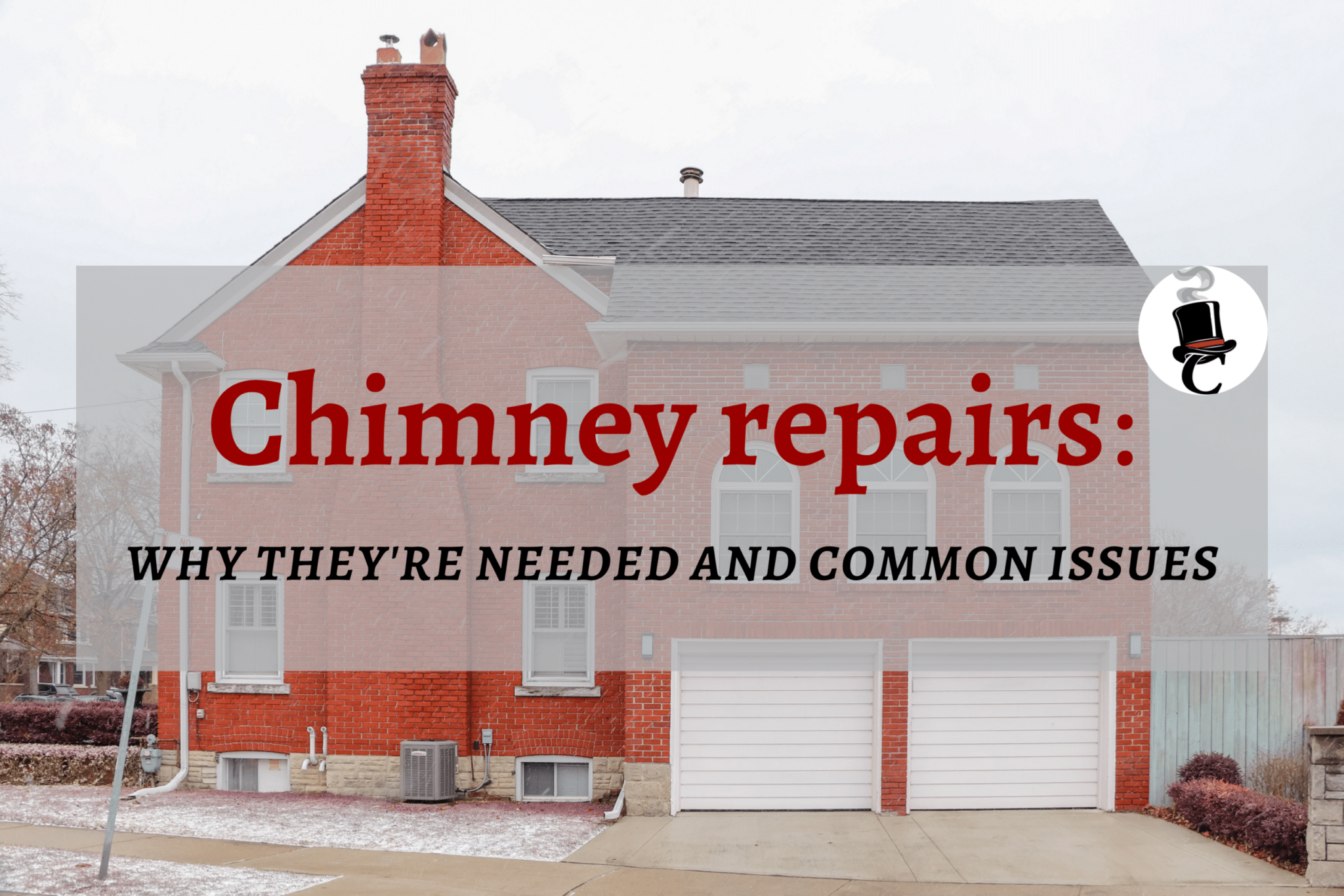Indoor burning frequently requested information
Action Days | Approved pellet stoves | EPA Phase II standards | Exempt pellet stoves | Exempt stoves | Fuel type| Individual stoves | Masonry fireplaces | New installations in Denver | Non-EPA Phase II stoves | Reporting violations| Selling uncertified stoves | Stove as only source of heat | Stoves exempt from certification | Violations enforcement | Where burning restrictions apply
Burning restrictions apply November-March.
Stoves that are exempt from burning restrictions- no burn days
- Environmental Protection Agency (EPA)-certified Phase II stoves or inserts.
- Colorado-approved pellet stoves or inserts.
- Colorado-approved masonry heaters.
For a list of approved devices, see the approved indoor burning devices page.
Where burning restrictions apply
- Pollution Action Day restrictions generally apply to seven counties in metro Denver:
- Denver.
- Boulder.
- Broomfield.
- Douglas.
- Jefferson.
- Adams and Arapahoe counties west of Kiowa Creek.
Homes above 7,000 feet in elevation are exempt from the restrictions of no burn days.
Fuel type doesn’t matter
Colorado Regulation No. 4 prohibits use of uncertified devices on Action Days. Therefore, an uncertified stove, heater or conventional fireplace, regardless of the type of fuel, must not be operated on Action Days.
Approved pellet stoves are exempt
Check the list of approved pellet stoves to see if yours is exempt:
If your stove is your sole source of heat
If you rely on a wood stove as your only source of heat, you should contact your local health department or building department about an exemption from burning restrictions. Most municipalities in the seven-county metro Denver area have their own ordinances and regulations that include provisions for exemptions.
No exemptions for individual stoves
Individual stoves can’t be tested for emissions. The EPA-approved testing must be conducted at an appropriate laboratory. It’s done for an entire model line and is quite expensive.
Reporting violations
Call the 24-hour indoor burning hotline:
303-692-3280
If the state has jurisdiction, we’ll contact the suspected violator. If a local municipality has jurisdiction, we’ll pass along the information you report and the local government will follow up on the complaint.
Enforcement
We have enforcement jurisdiction only in areas without local ordinances at least as restrictive as the state regulation. Most of the seven-county metro Denver area falls under the jurisdiction of local ordinances or regulations.
Contact your city or county government to inquire about local enforcement procedures.
Our enforcement procedure
For areas under state regulation:
- When we receive a complaint about an alleged violation, we send a letter that describes the indoor burning program and urges compliance.
- If the party allegedly responsible still doesn’t comply, we begin an investigation.
- If investigators find the responsible party isn’t complying with regulations, we issue a Notice of Violation (NOV). This requires a conference between the responsible party and state regulators.
- After the conference, three things can happen:
- Investigators may determine that the party allegedly responsible didn’t violate regulations.
- A nonmonetary settlement can be reached by which the responsible party agrees to adhere to all indoor burning regulations.
- A monetary fine may be assessed.
- Fines can be up to $15,000 per day.
- Most likely, any fines assessed will be $100 to $300.
- Our goal isn’t to fine people; it’s to get people to comply with the regulations. We’ll take every step to bring people into compliance with regulations rather than assess a fine.
New installations in metro Denver
Any indoor burning device you buy or install in the seven-county metro Denver area must meet current emissions standards. The 7,000-foot elevation exemption applies only to the use of indoor burning devices, not their sale or installation.
“Clean” burning non-EPA Phase II stoves
If it can be demonstrated by valid manufacturer testing data that your non-EPA Phase II stove is “cleaner” than EPA Phase II standards, then you can install and use it on Action Days.
EPA Phase II standards
To achieve EPA Phase II status, a device must meet the following requirements:
- Non-catalytic stoves must emit no more than 7.5 grams per hour of particulates.
- Stoves equipped with a catalytic device must emit no more than 4.1 grams per hour of particulates.
Stoves on the “exempt from certification list”
Such devices are still subject to Action Day regulations and ordinances. They’re not certified wood stoves by definition, and only certified wood stoves may be used on Action Days.
Selling a used, uncertified wood stove
You’re not allowed to sell a used, uncertified stove in the seven-county metro Denver area, but you can sell it elsewhere in Colorado.
Conventional masonry fireplaces
You can use a conventional masonry fireplace on Action Days only if it’s equipped with gas logs, an EPA Phase II insert, an approved pellet insert or an electric device, and if state or local ordinances don’t prohibit it.
Approved pellet stoves
Although many pellet stoves burn “cleanly,” we approve only those whose manufacturers have performed the required testing and submitted the appropriate paperwork to us certifying that the pellet stove emits less than 4.1 grams per hour of particulates.
How to tell if it’s an Action Day
We post advisories on our website during the high pollution season. Go to the indoor burning restrictions page to see the latest advisory. For current information during the high pollution season, you can call the 24-hour Air Quality Advisory hotline:
303-758-4848
The Air Quality Bulletin hotline carries current advisory information during the high pollution season and other pollution information year-round:
303-782-0211
Many local newspapers, radio and television stations provide updates.
